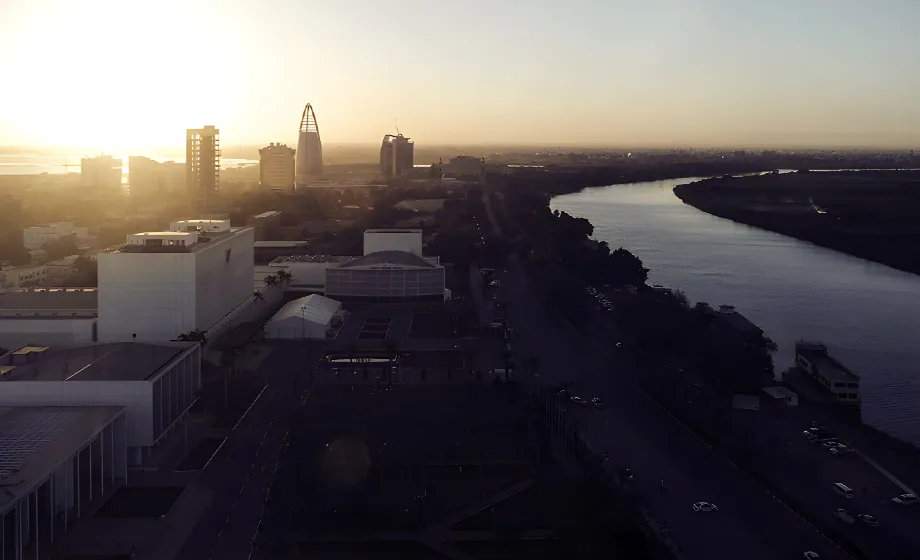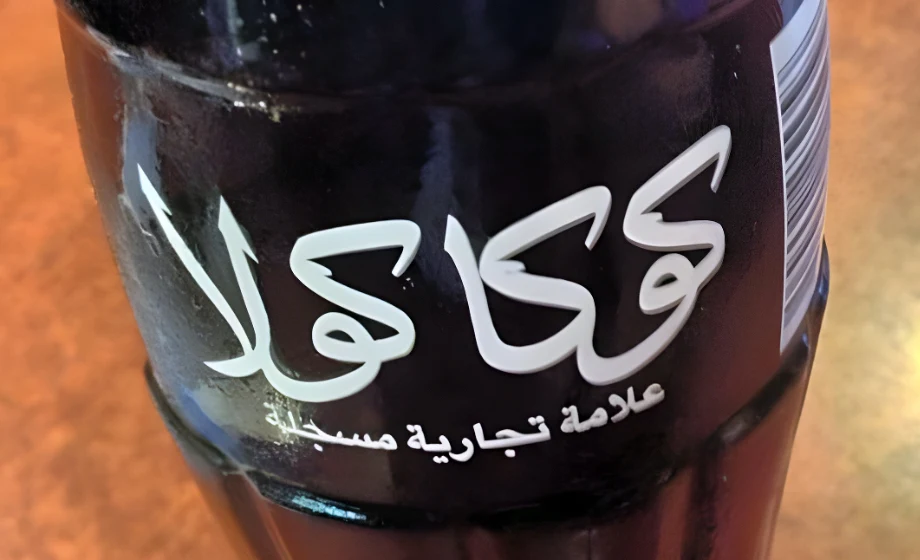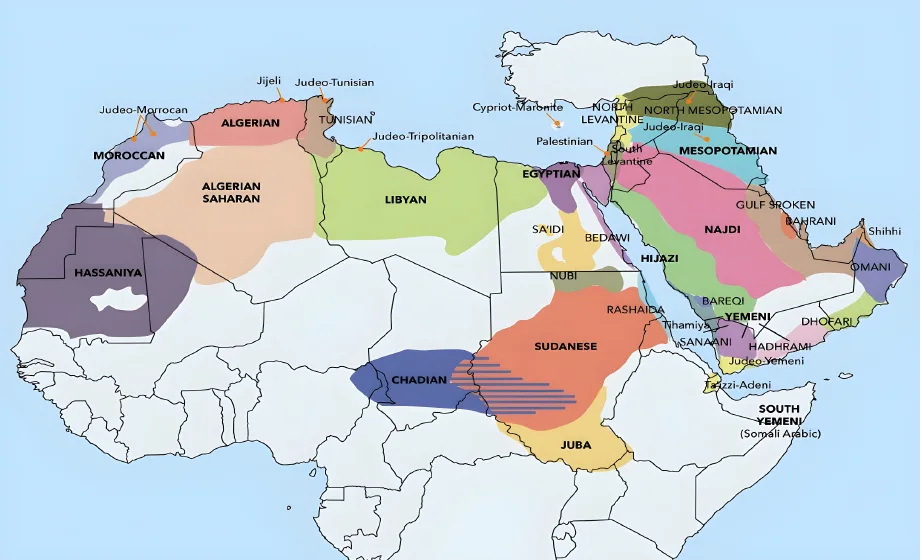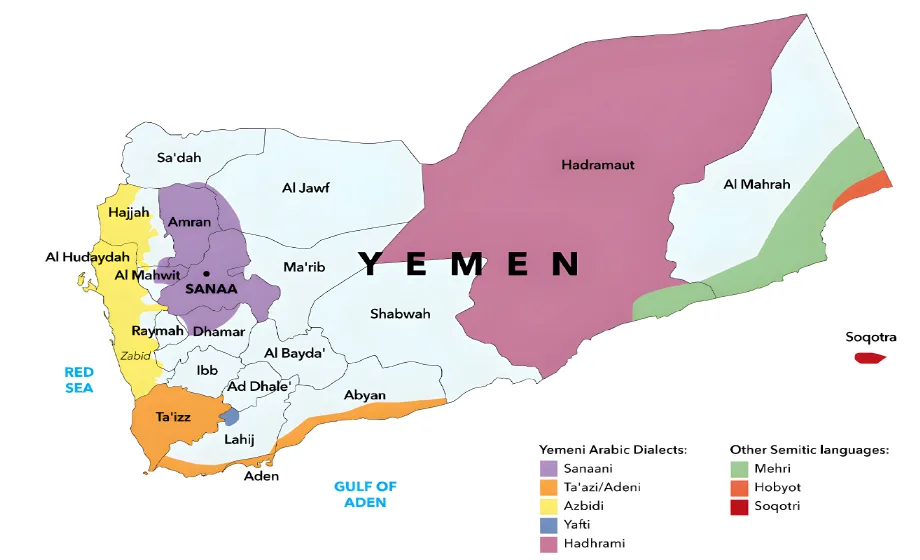If you want to learn the basics of the Arabic dialect spoken in Sudan or have a document that needs to be translated to or from Sudanese Arabic, you have come to the right place.
If you’re looking to get started with a Sudanese Arabic translation project, click here to request a free quote.
The Basics
One of the largest nations in Africa, Sudan boasts a rich cultural history and diversity, with nearly 600 ethnic groups speaking over 70 languages (not including the hundreds of dialects). Of the myriad languages spoken throughout Sudan, Sudanese Arabic is the most widely used and understood within the country.
The language itself became dominant after waves of Arab tribes moved into Sudan during the 14th and 15th centuries. Over the years, the dialect blended with, borrowed from, and evolved with other African languages, such as Nubian, Bija, and Fur.
As a dialect of Arabic, the Sudanese dialect is most similar to Egyptian dialects (specifically Sa’idi and Cairene Arabic). This can be seen in how closely related the pronunciation of letters are between these dialects, as well as the prefix “bah” (ب) attached to the beginning of present tense verbs.
Those familiar with Gulf dialects might also find the language easier to understand and learn, as many Bedouin tribes from the Arabian Peninsula migrated to and still live within Sudan. As such, there are other forms of Arabic spoken throughout the country, such as Saudi (Hejazi) and Chadian Arabic.
In terms of the language itself, Sudanese Arabic varies widely between regions, towns, and cities. The most common or standard form of the dialect is the one spoken and centered around the capital city of Khartoum. While the Khartoum dialect is most closely similar to Modern Standard Arabic (MSA, or fusHa), individual provinces and tribes also speak their own unique form of the language.
Pronunciation
As with any dialect, many in Sudan claim that Sudanese Arabic is the closest to the classical version of Arabic. While this is debatable, the majority of its vocabulary does derive from Classical Arabic, with a plethora of loan words from other foreign languages mixed in.
That being said, Sudanese Arabic does have some minor differences in pronunciation. Be sure to keep the following in mind when speaking and listening to the language spoken throughout Sudan:
- Sudanese Arabic speakers say the letter ق (qaaf) according to its old, classical pronunciation as a “g” sound instead of a guttoral “q” sound. Thus, the term قمر (qamar) would sound like “gamar” in Sudan.
- In some cases, the ذ (dhaal) is pronounced like the ز (zaa’), which is like our “z” sound. For example, the verb ذهب (dhahaba) in Modern Standard Arabic becomes زهب (zahaba) in Sudanese Arabic. However, the ذ could also be pronounced like the ض (Daad), or an emphatic “d” sound in English. In this case, the verb ذبح (dhabaHa) is spoken as ضبح (DabaHa) in Sudan.
- Instead of a “th” sound, the letter ث (thaal) is sometimes pronounced as an “s” sound, just like in Egyptian Arabic. So, the word ثياب (thiyyaab) would sound like سياب (siyyab).
- Lastly, the letter ظ (Dhaa’) is sometimes pronounced like the ض (Daad). Thus, the word ظل (Dhill) would be spoken as ضل (Dill).
Our Sudanese Arabic <=> English Translation Services
We have completed some major projects involving the Sudanese dialect, aside from our general Arabic language services:
- Sudanese Political Interviews: We transcribed several hours’ worth of difficult audio consisting of interviews with key members of a Sudanese political party. Then, we had the transcripts translated to the client’s satisfaction and within record time.
30 Key Words for Your Trip to Sudan:
If you want to engage socially with native speakers or order off a menu, then just learn the following widely spoken phrases to help make your way around Sudan:
- How are you? = عامل(ة) كيف؟ or إنت(ي) كيف (3aamel kiif or inti kiif [m] / 3aamla kiif or inti kiif [f])
- Good = كويس (kwayyis)
- Ok (affirmative to a command) = حاضر (HaaDher)
- What’s up? = الحاصل شنو؟ (al-HaaSil shnou)
- Who are you? = منو إنت (ي)؟ (minou inta – inti)
- What’s your name? = اسمك منو؟ or اسمك منو؟ (esmak minou [m] / esmik minou [f])
- My name is… = اسمي (esmi)
- Where are you from? = أنت(ي) من وين؟ (anta min wein [m] / anti [f])
- Where are you going? = ماشي(ة) وين؟ (maashi wein [m] / masshiyya [f])
- Straight = قدام طوالي (gaddaam Tawali)
- To the right = لي يمين (lii yameen)
- To the left = لي شمال (lii shamaal)
- Quickly! Hurry! = عجل – سريع (saree3 – 3ajl)
- What time is it? = الوقت كم؟ (kam al-wagt)
- It is nine. = هسي الساعة تسعة (hasii al-sa3ah tisa3a)
- (At) what time? = متين؟ (matiin)
- Now. = هسي (hasiiy)
- Later. = بعدين (ba3dain)
- How much is this? = بي كم؟ (bii kam)
- What do you want? = داير(ة)/عاوز(ة) شنو؟ (daayer or 3aawez shnou [m] / daayera or 3aaweza shnou [f])
- I want… = أنا داير(ة)/عاوز(ة) (ana daayer or 3aawez [m] / ana daayera or 3aaweza [f])
- Please, or Excuse me. = لو سمحت– من فضلك (law samaHt – min faDlek)
- Do you like…? = بتحب(ي)….؟ (bituHib [m] / bituHibii [f])
- I like = بحب (biHib)
- How’s the 3aSiidah (a famous Sudanese meal)? = العصيدة كيف؟ (al-3aSiidah)
- Delicious. = سمح(ة) (smiH [m] / smiHa [f])
- Very/a lot = شديد– كتير (shadiid – katiir)
- No more, I’m full! = الحمدلله – شبعت (al-Hamdullah – shaba3at)
- Thanks! = شكراً (shukran)
- Not a problem! = ما مشكلة – عادي (maa mushkilah – 3aadii)
Learn Sudanese Arabic
You might be hard-pressed to find a course on Sudanese Arabic at your university. However, there are several online resources you can use to help start your Sudanese Arabic journey. Check out the following brief resource list for a great primer on learning this interesting version of Arabic:
- Sudanese Arabic Resource Guide
- Conversational Arabic: Sudanese Dialect
- Sudanese<=>English Dictionary
- Beginner’s Sudanese Arabic Textbook
Looking to start your next Sudanese Arabic project?
We can handle any project you may have with our team of professional and vetted native translators and speakers. We also provide high-quality services in many other Arabic dialects. Don’t hesitate to reach out to us for a free quote today!



